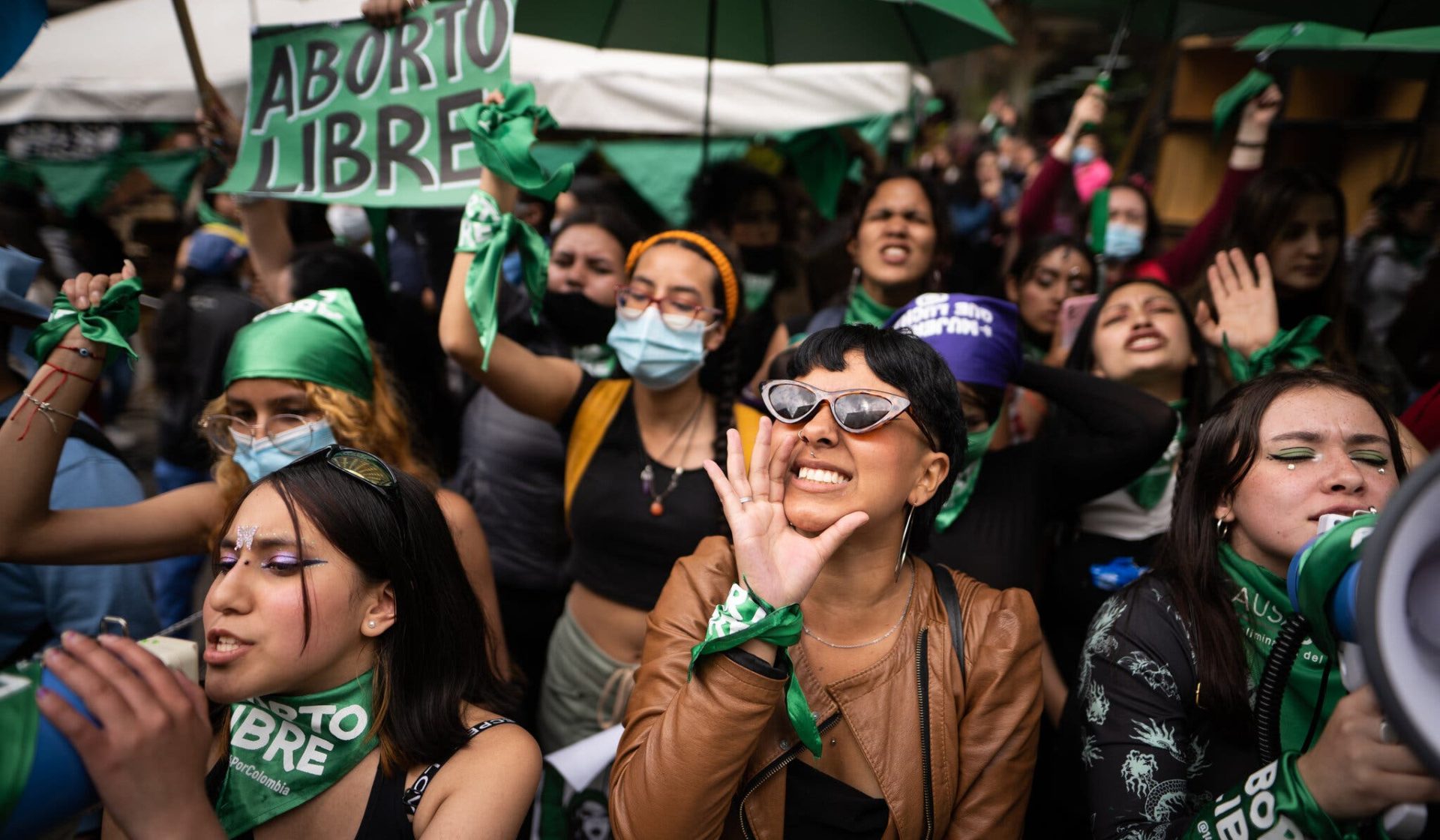The Constitutional Court’s decision to legalise the procedure within the first 24 weeks of pregnancy follows a growing trend across the region, which is renowned for its deeply conservative values.
Adding to a recent string of legal victories for reproductive rights in Latin America, Colombia’s top court on constitutional matters has just ruled that having an abortion during the first 24 weeks of pregnancy will no longer be considered a crime under the country’s law.
Since 2006, it has been allowed only where there was a risk to the life or health of the mother; the existence of life-threatening foetal malformations; or when the child was the result of rape, incest, or non-consensual artificial insemination.
Following in the footsteps of Mexico and Argentina, both of which have announced rulings against the prosecution of women who terminate their pregnancies, the landmark decision further paves the way for the procedure to become widely accessible throughout Latin America.
It additionally sets a precedent for adaptation across the historically conservative region, which has long been permeated with stringent abortion laws that, in some cases, have led to incarceration for those violating them.
‘We celebrate this ruling as a historic victory for the women’s movement in Colombia that has fought for decades for the recognition of their rights,’ says Erika Guevara-Rosas, Americas director at Amnesty International.
‘Women, girls and people able to bear children are the only ones who should make decisions about their bodies. Now, instead of punishing them, the Colombian authorities will have to recognise their autonomy over their bodies and their life plans.’




















